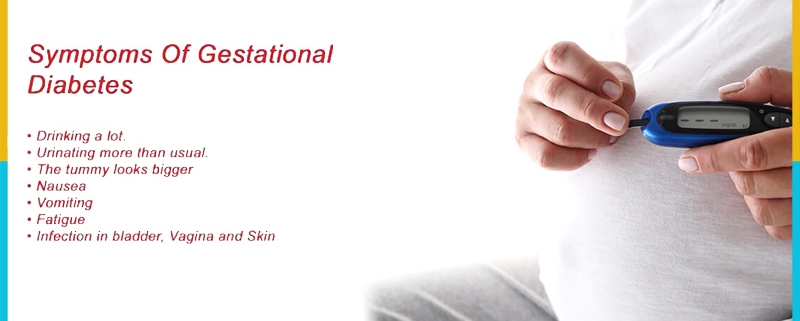Well, as women are excited for their baby, on the other hand, the struggles throughout the nine months and after giving birth to the baby stressing them out. Bearing all the pressure, taking care of the baby, and handling the personal health issues are not too easy. After childbirth, the woman reaches the stage of postpartum, which has different levels that go from high to moderate. Every mother wants to recover from the postpartum phase as soon as they can. This stage is based on the timeline starting from weeks and ending to months.
The six weeks to six months postpartum is the mild level. Here you will observe very little or no changes. But again, the concern of your health provider is crucial at all levels. In the 6th week, your uterus shrinks back to normal, and the incisions and C-section scars begin to heal your doctor can only ensure you about the stabilizing. If your health consultant confirms you as normal you are ready to exercise and for sex.
Bladder Control
After delivery, the bladder and pelvis go through a hard time maintaining the flow to the normal as it was before pregnancy. As the uterus shrinks to the normal size, it sits on the bladder, compacting and making problems for the bladder to control. During and after pregnancy, the hormonal changes can help the bladder to recover.
For the speedy recovery of the bladder, women are recommended to do Kegel exercise, drink at least 8 glass of water, control the excess weight, avoid soft drinks, citrus, alcohol, tomatoes, and coffee affecting the bladder and make urination difficult, and avoid constipation which puts extra pressure on the bladder.
Safe Return to Exercise
Women are so excited to have a normal routine when they are just sick of limitations. Returning to the exercise is good physically as well as mentally. From pre-baby to post-baby exercise you will feel different sensations and stimulations.
After birth exercise is best to completely get recovered from delivery, lessen tiredness, reduce weight, helps mental well-being, boost energy, and maintain your muscles.
Postpartum Periods
During the nine months, the menstrual cycle is paused, and after the 4th to 6th week of postpartum, it returns. There might be some changes when you get your first period after your baby. Firstly, breastfeeding the topmost reason for these changes, as ovulation is stifled because of the prolactin hormone that is responsible for the production of breastmilk.
The other changes would be, you may have different period cycle length, shorter or longer or heavier or low flow. There might be cramps that could be mild or severe, and the cycle may be irregular also, as the hormone takes time to work normally.
Return to Sexual Life
It is advised to take recommendations first from the health care provider who better knows about your internal conditions. Most commonly it is suggested to start the sex life within four to six weeks of postpartum. But if you are eager to slip back under the cover ask your consultant first. The woman who has vaginal delivery is more likely to have a longer healing time, or early sex can lead to various vaginal infections. Before resuming sex, make sure you have stopped postpartum bleeding.

 Managing-6-Weeks-to-6-Months-Postpartum-Mama-Baby-Care
Managing-6-Weeks-to-6-Months-Postpartum-Mama-Baby-Care Guide to Prepare your Body Mama Baby Care
Guide to Prepare your Body Mama Baby Care Gestational surrogacy Mama Baby Care
Gestational surrogacy Mama Baby Care Pregnancy Calender Mama Baby Care
Pregnancy Calender Mama Baby Care expert-tips-on-pregnancy-diet Mama Baby Care
expert-tips-on-pregnancy-diet Mama Baby Care Cope Up Mama Baby Care
Cope Up Mama Baby Care Malformation Mama Baby Care
Malformation Mama Baby Care Gestational-Diabetes Mama Baby Care
Gestational-Diabetes Mama Baby Care Avoid Beverages Mama Baby Care
Avoid Beverages Mama Baby Care Third Trimester Mama Baby Care
Third Trimester Mama Baby Care